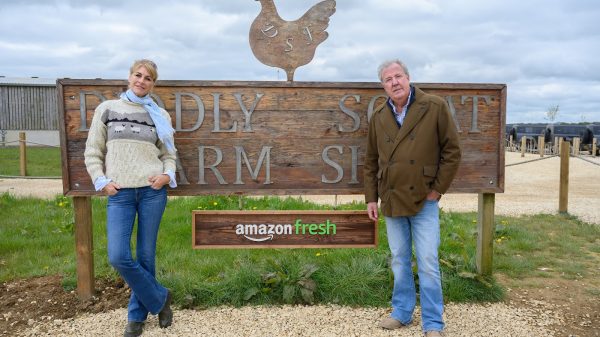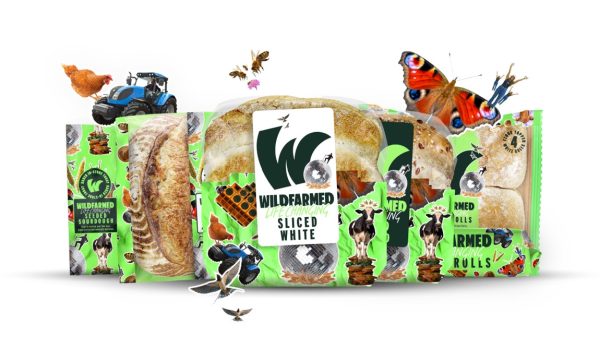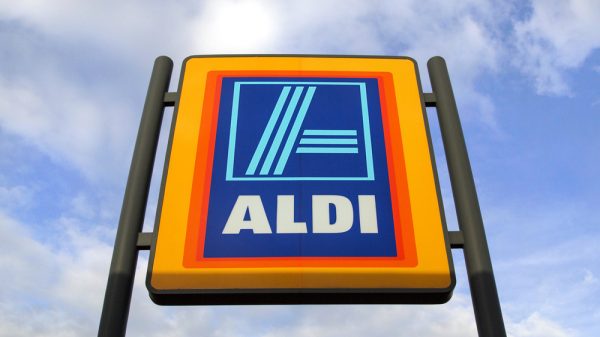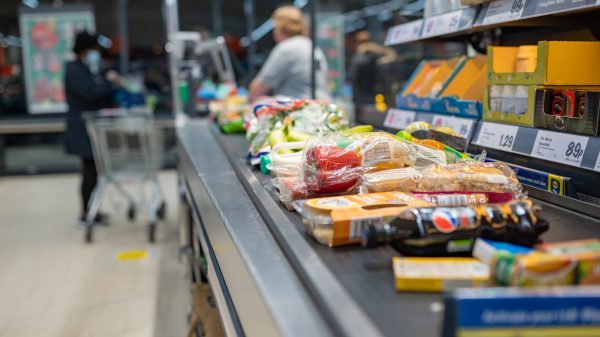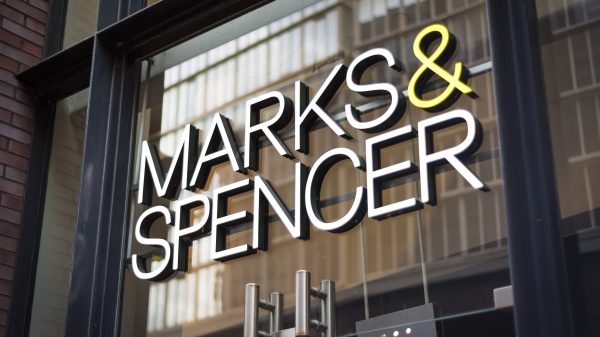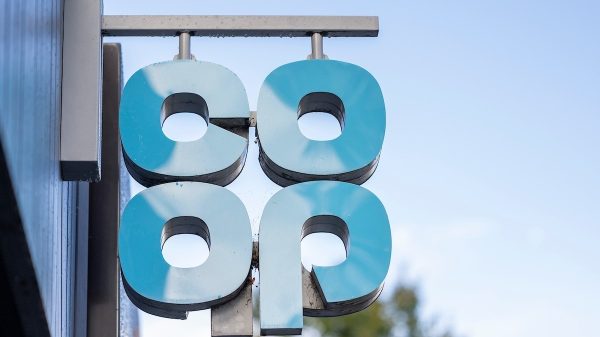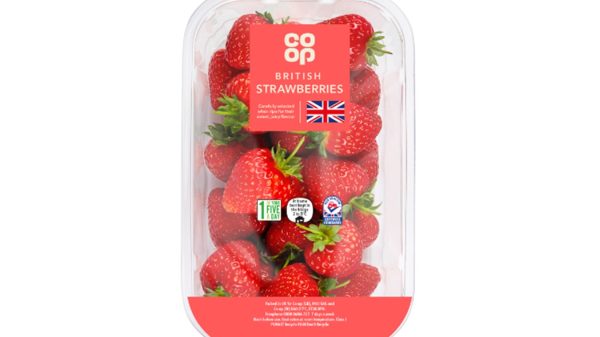Consumers have been choosing own-label lines as they look to keep costs down as grocery price inflation hits a record 16.7%, adding as much as £788 to the average annual shopping bill.
Grocery price inflation hit a record 16.7% in the 4 weeks to 22 January 2023 according to Kantar, the highest level since it started tracking the figure in 2008.
Overall take-home grocery sales rose by 5.7% during the 4 week period and by 7.6% over the 12 weeks, with sales of supermarket own-label lines growing by 9.3% as retailers focus on keeping costs low. Sales of branded alternatives were up by just 1%.
This focus on everyday low prices has also seen grocers spending proportionately less on promotions, which have dropped to their lowest level since 2008 as supermarkets increase price matching and extend value ranges.
“Late last year, we saw the rate of grocery price inflation dip slightly, but that small sign of relief for consumers has been short-lived,” said Fraser McKevitt, head of retail and consumer insight at Kantar.
Subscribe to Grocery Gazette for free
Sign up here to get the latest grocery and food news each morning
“Grocery price inflation jumped a staggering 2.3 percentage points this month to 16.7%, flying past the previous high we recorded in October 2022. Households will now face an extra £788 on their annual shopping bills if they don’t change their behaviour to cut costs.”
Amid this record inflation, supermarkets are seeking alternative ways to offer customers value.
“Competition in the British grocery sector is as intense as it’s ever been as retailers strive to retain shoppers,” McKevitt continued.
“The grocers have been doing this by boosting their own-label ranges especially, with sales of these lines growing consistently over the past nine months. January was no exception as own-label lines grew by 9.3%, well ahead of branded alternatives which were up by just 1%.
Despite price rises, many consumers embraced the traditional January focus on health and fitness, sticking firmly to their new year’s resolutions.
A successful Dry January meant that no and low alcohol beer volumes were up 3% on last year’s levels, while Veganuary saw sales of supermarket own-label plant-based or vegan rise by 21%.
“Growth was largely driven by existing shoppers of the category rather than new converts, with 3.4 million consumers making a purchase this January which is slightly down on last year,” McKevitt reveals.
“Alongside the pull factor of events like Veganuary, the push element of new regulations on food and drink which is high in sugar, salt and fat could also be having an impact. £10 million less was spent on chocolate deals this January compared with last year, partially as a result of the new rules although we’re probably marking the wider impact of the drop in promotions too.”

